Charlotte Brockington

How do fish respond to disturbances by recreational users
My project aims to study how fish respond to disturbances by recreation activities such as boating, angling, swimming, cycling, and walking. If fish become habituated to the disturbances from recreational activities, they could then be at risk of predation due to their lack of avoidance behaviours. The information I gathered from 230 questionnaires, experiment lab work and literature review will help inform river users management plans. The questionnaires are available to read. This one year MSc was funded by the KESS2 project in collaboration with Canoe Wales, and Natural Resources Wales.
Supervisor: Professor Carlos Garcia de Leaniz
Millie Parks
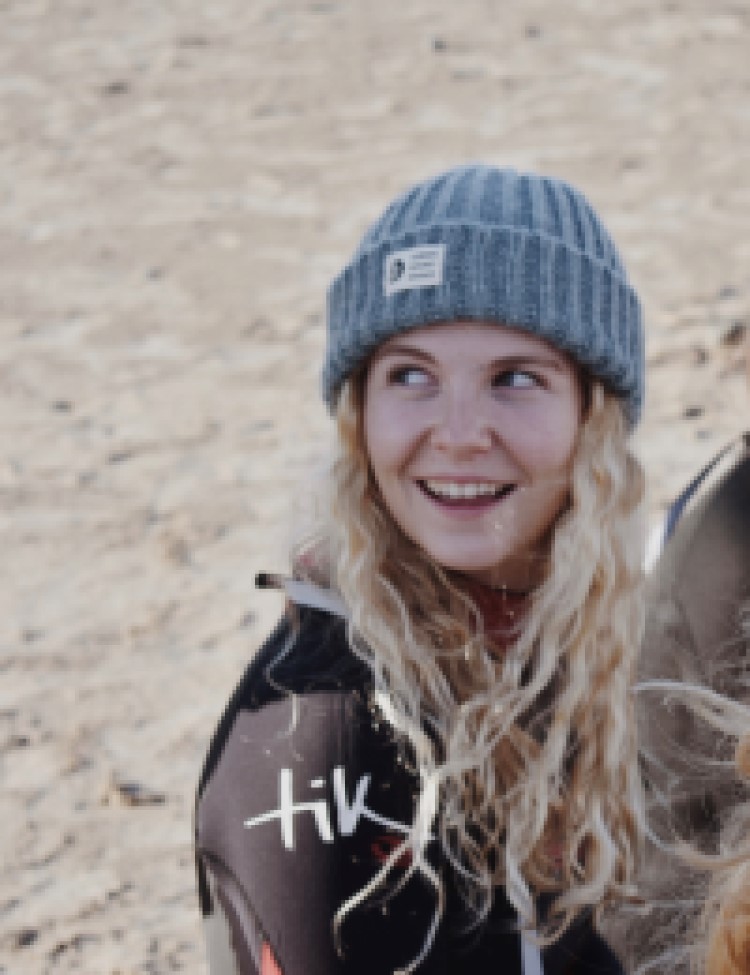
KESS II MRes Student | Swansea University
In 2019 I completed a BSc (Hons) in Environmental Resource Management from the University of Edinburgh, with my thesis focussing on the production of microplastics from synthetic materials. Since graduating, I worked for a NGO, raising awareness on marine conservation and as a researcher for Marine Scotland, collecting data on the feasibility of a recycling scheme for end of plastic life fishing gear. I also volunteer as a researcher for an NGO and write freelance on all things sustainability & environment. Currently, I am working with Natural Resource Wales to determine anthropogenic barrier frequency and impacts in Welsh rivers, creating predictive models comparing field data against satellite data to determine mitigation prioritisation and improve river connectivity.
Supervisor: Professor Carlos Garcia de Leaniz
Sam Files
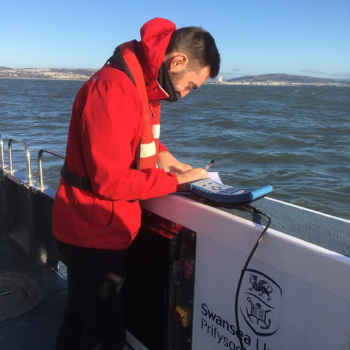
Sam's research project focus on multi-trophic aquaponics in urban developments in collaboration with Powell Dobson architects. Sam is investigating the using of organic waste to produce microalgae, to improve the health of the fish and make aquaculture feed more sustainable. As well as helping to design an innovative system that will meet the needs of the residents, be cost-effective and efficient.
Supervisors: Prof. Carlos Garcia de Leaniz and Prof. Sonia Consuegra
Ben Overland
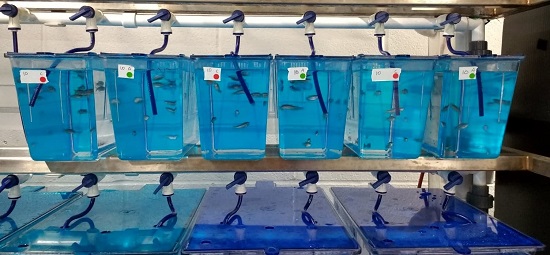
Ben's experiment aims to determine if improvements to the maternal microbiome and immunity of Zebrafish caused by supplementing the diet with microalgae oil, will be passed on to the offspring. He will also examine the effects of routine egg disinfection on the presence and diversity of embryo microbiota.
Supervisors: Professor Sonia Consuegra and Professor Carlos Garcia de Leaniz
Georgia Williams
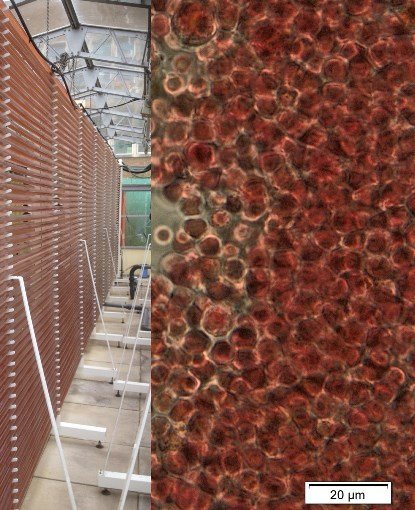
Georgia investigated the metabolite profile of red algae, Porphyridium purpureum. The aim was to use different metabolomic techniques to determine the change in metabolite production under UVA/UVB stress conditions and identify potential useful products that can be utilised in industrial biotechnology.
Supervisors: Dr Carole Llewellyn and Dr Alla Silkina
Megan Jones
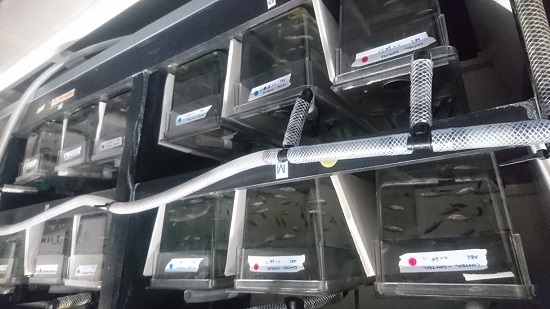
Megan's multi-faceted project is looking at the transgenerational, morphological and behavioural effects of partly supplementing normal zebrafish feed with microalgae, as well as investigating the effects from increasing the amount of physical activity the fish experience.
Supervisors: Professor Carlos Garcia de Leaniz and Professor Sonia Consuegra
Hannah Cole
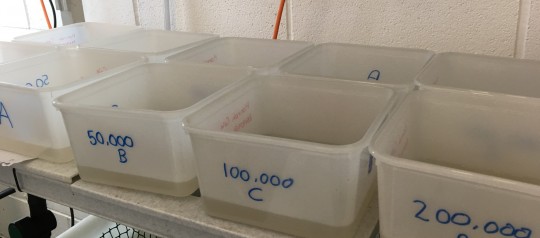
Hannah looked at improving the captive breeding of the endangered freshwater pearl mussel for her MSc research project. The optimal diet for rearing juvenile freshwater pearl mussels in captivity is unknown, so Hannah was investigating the best diet for growth and survival of juveniles.
Supervisor: Dr Gethin Thomas
Myo Naung
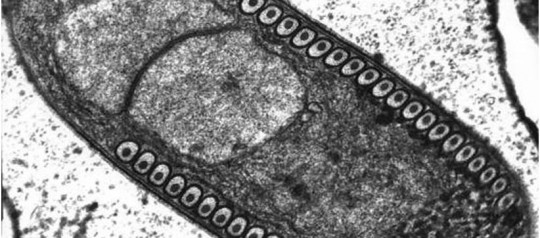
Myo developed a rapid molecular screening method for the detection of microsporidia in cleaner fish as part of his MRes.
Supervisors: Professor Sonia Consuegra and Professor Carlos Garcia de Leaniz
Craig Pooley
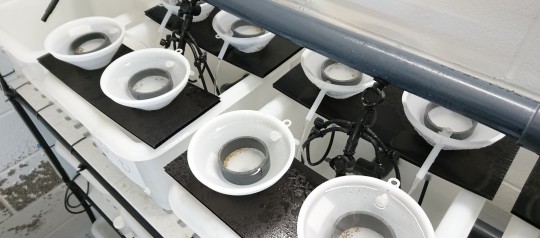
Craig's MRes project (joint funded by Swansea University and Marine Harvest Scotland) examined methods for improving the survival of juvenile lumpfish (Cyclopterus lumpus) from egg to weaned fry.
Supervisors: Professor Carlos Garcia de Leaniz and Professor Sonia Consuegra
